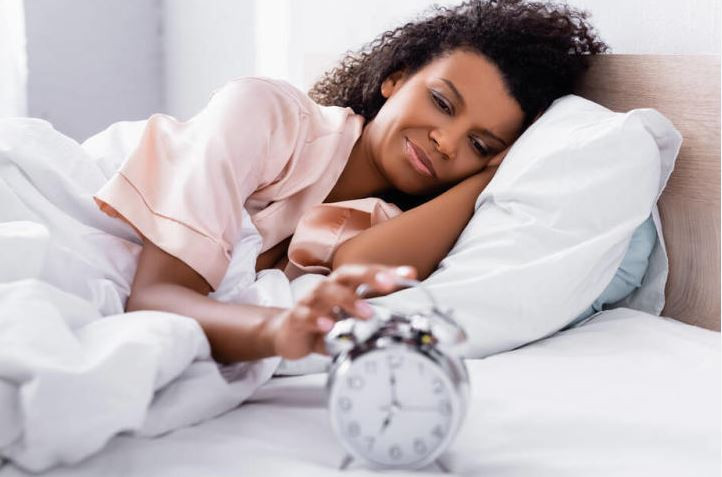
It is often said, that those who wake up early, the 5am Club and the lot are better off. After all, you have plenty of time to exercise, meditate or enjoy a leisure breakfast before heading to work. But does that mean you more are productive or end up happier and healthier?
While some people may flourish on an early morning routine, others struggle to get out of bed or feel sluggish throughout the day. The reason for this may lie in our biological clocks known as circadian rhythms.
Circadian rhythms are natural cycles that regulate the body's function over a 24-hour period. They affect when we feel sleepy and alert as well as our metabolism, blood pressure, blood sugar and mood. They are influenced by external factors such as sunlight, temperature and social cues as well as internal factors such as genes and hormones.
Some people are genetically predisposed to be early risers while others are late sleepers. This is called chronotype and it can affect how we respond to different sleeping and waking schedules. In 2014, a fascinating study published in the journal Psychological Science revealed that morning people exhibited higher ethics in the morning while evening people displayed higher ethics in the evening.
However, in 2018, a Master's thesis by Gilmer explored how chronotype can sway the approval of flexible work schedules by managers. He discovered that employees who requested a flexible schedule based on their chronotype were less likely to obtain approval than those who gave other reasons like education.
But chronotype is not fixed, it can change over time due to age, lifestyle or environment. For example, teenagers tend to switch to a later chronotype during puberty due to hormonal changes. This makes them more likely to stay up late and sleep in. On the other hand, older adults tend to shift to an earlier chronotype as they age.
To sum up, productivity is not contingent on being an early bird or a night owl but one's chronotype, according to research. By discerning our chronotypes and synchronising our daily activities with our peak productivity times, we can optimise our performance and well-being. Whether you are an early bird or night owl, you can discover your own rhythm and make it work for you.
 The Standard Group Plc is a multi-media organization with investments in media
platforms spanning newspaper print
operations, television, radio broadcasting, digital and online services. The
Standard Group is recognized as a
leading multi-media house in Kenya with a key influence in matters of national and
international interest.
The Standard Group Plc is a multi-media organization with investments in media
platforms spanning newspaper print
operations, television, radio broadcasting, digital and online services. The
Standard Group is recognized as a
leading multi-media house in Kenya with a key influence in matters of national and
international interest.
